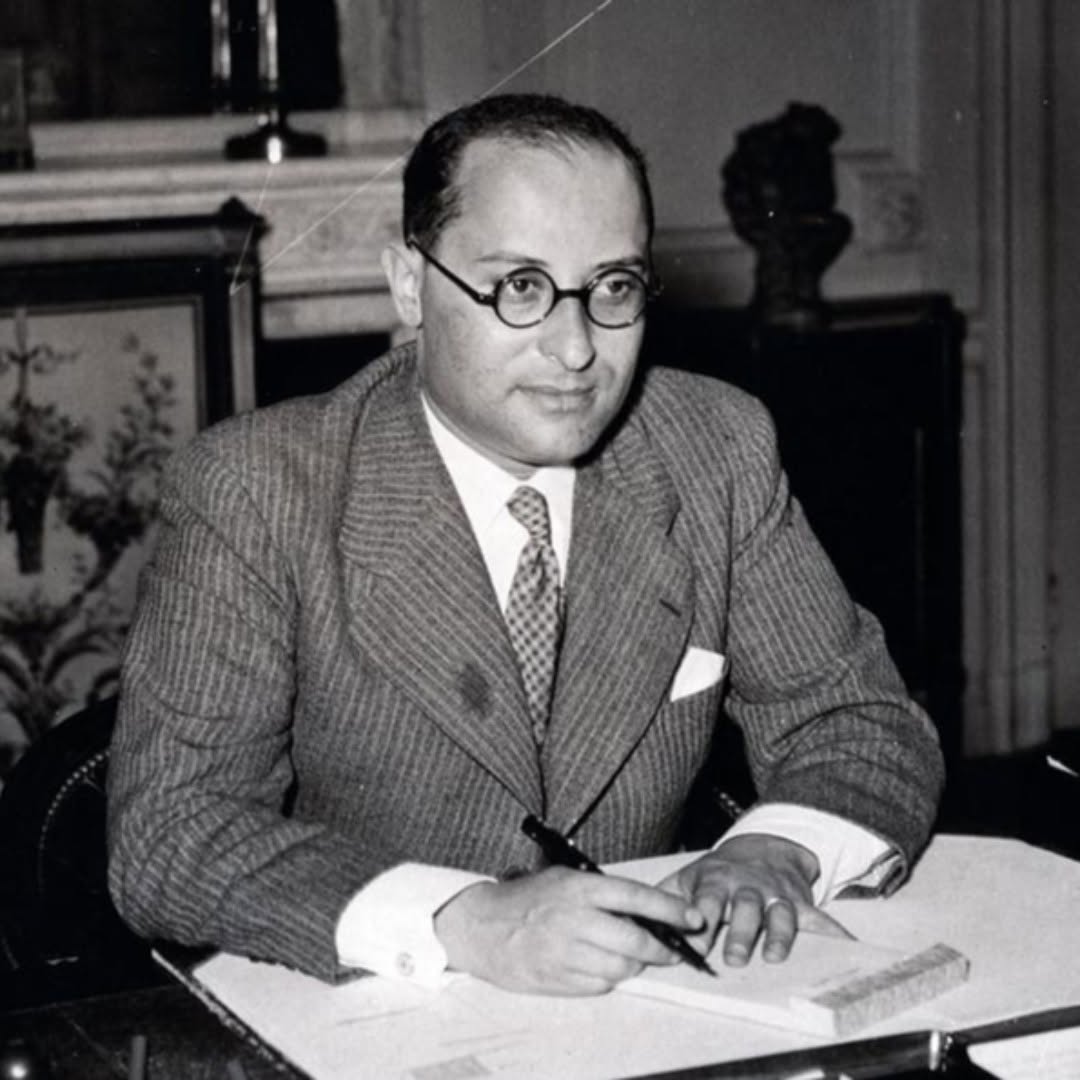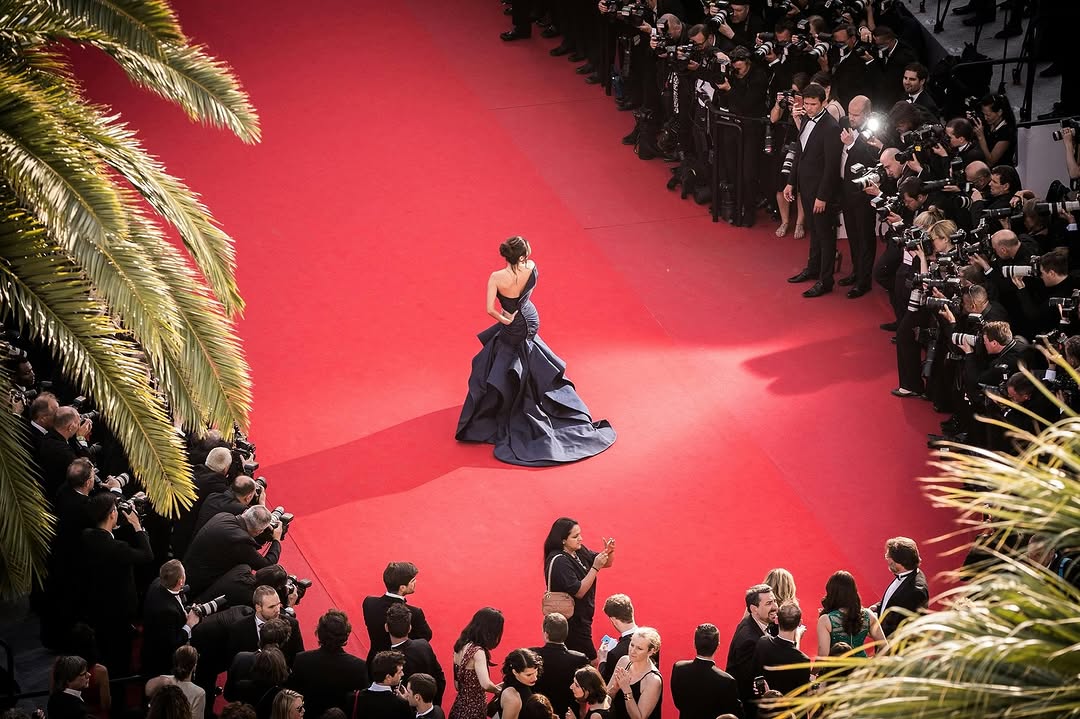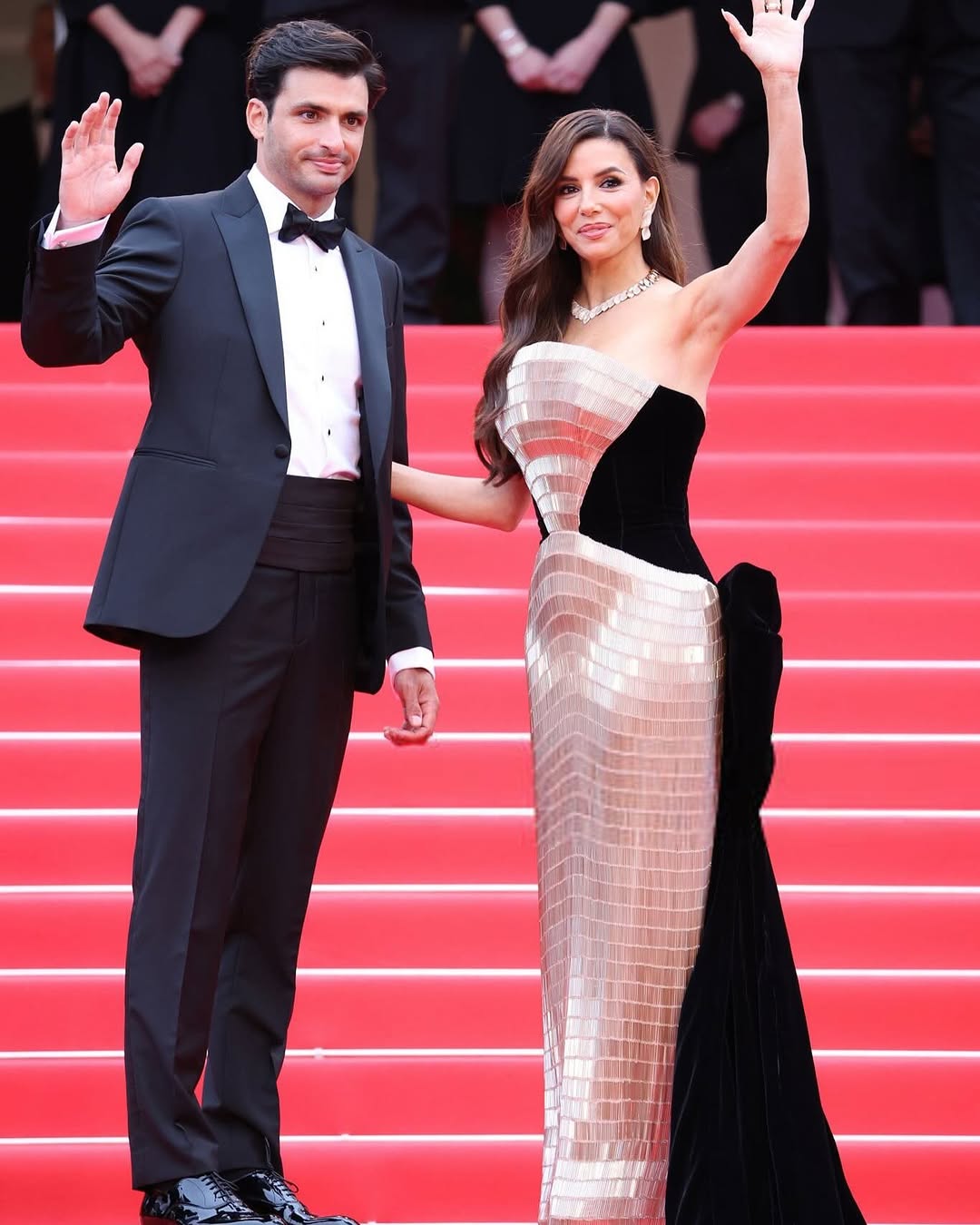How the Cannes Film Festival Was Really Born: Glamour, Politics & a Very French Plot Twist
Today, Cannes Film Festival is the world’s most glamorous cinematic circus. It’s where auteurs and A-listers sip rosé, drop cryptic quotes at press conferences, and strut red carpets like they’re storming Normandy in haute couture.
But this festival didn’t just appear out of the Mediterranean mist. No, the story of Cannes is a juicy drama with at least three starring roles: a visionary diplomat, a determined minister, and a film-loving journalist—all set against the backdrop of impending war, fascist propaganda, and a very French desire to outshine Venice.
Meet the Trio Behind the Curtain
Philippe Erlanger: The Mastermind Diplomat
If Cannes had opening credits, Philippe Erlanger would be the “created by” name. A historian and French cultural diplomat with a flair for prestige and politics, Erlanger proposed the idea of a new, international film festival in 1938. His goal? To give filmmakers a platform free from fascist manipulation—an artistic sanctuary where cinema could be judged by artistic merit, not ideology.
Related: From Jennifer Lawrence to Wes Anderson: Cannes 2025 Delivers Drama
Related: Cannes or Can’t? The Film Festival’s Wild Wardrobe Rules
Jean Zay: The Political Powerhouse
Enter Jean Zay, France’s then-Minister of National Education and Fine Arts. He believed in the power of culture to unify and elevate. Zay backed Erlanger’s idea with government support and big ambitions. Together, they chose Cannes—a Riviera town with just the right mix of luxury hotels and sunshine.
Zay’s support was critical. He wasn’t just signing papers he was crafting a cultural resistance to totalitarianism, one film at a time. If Erlanger was the spark, Zay was the gasoline.

Jean Zay
Robert Favre Le Bret: The Passionate Organizer
And what’s a festival without a bit of flair? That came from Robert Favre Le Bret, a film critic and cinephile who helped turn the idea into reality. He would go on to serve as the long-time General Delegate of the Festival, shaping its voice, tone, and taste for decades. Think of him as Cannes' first—and most stylish—showrunner.
The Venice That Broke the Camel’s Back
So why really did Cannes happen? Blame Venice.
In 1938, the Venice Film Festival handed its top prize to Nazi propaganda films, snubbing classic Hollywood works in the process. Outrage echoed across Europe’s creative scene. Erlanger, Zay, and Favre Le Bret saw the writing on the screen—and Cannes was born in protest, envisioned as a cinematic rebellion in a beach town.
Related: Pietro Beccari: The Italian Powerhouse Steering Louis Vuitton's Global Dominance
The First Attempt (A Cliffhanger Ending)
The inaugural Cannes Film Festival was scheduled for September 1939. Invitations were sent. MGM shipped movie stars. Everything was ready.
And then: Hitler invaded Poland.
Europe went to war. The festival was canceled. Roll credits… temporarily.

Take Two: Cannes Finally Debuts (1946)
After WWII, the trio’s dream finally flickered to life. In September 1946, Cannes rolled its first reels. The venue? A hastily built seaside casino with a leaky roof and ambitious dreams.
Despite the chaos, the festival was a hit. Nations from across the world sent films—from Chaplin’s America to Kurosawa’s Japan. The message was clear: cinema had survived, and it had something to say.
Who Organizes Cannes Today?
The festival is now overseen by the Festival de Cannes organization, a private association under French law. The president of the festival (currently Iris Knobloch) works alongside the General Delegate (as of now, Thierry Frémaux) to handpick films, jurors, and the precise angle at which the red carpet should gleam.
It’s no longer just a French party—it’s a global cinematic summit, run with military precision and velvet ropes.

Who Funds This Fabulous Frenzy?
Cannes is funded through a mix of public and private sources:
-
French Government & local authorities (Ministry of Culture, the city of Cannes, Région Sud)
-
Sponsors & luxury brands (L’Oréal, Chopard, Renault—the whole red carpet economy)
-
Accreditation fees and broadcast rights
In short, it’s a cultural affair with a touch of capitalism and a whole lot of champagne.
From Protest to Palme d’Or
What started as a noble rebellion has become the place where cinema is celebrated, dissected, and sometimes booed before the credits even roll. Thanks to Erlanger’s imagination, Zay’s political will, and Favre Le Bret’s finesse, Cannes transformed from a protest into the pinnacle of film prestige.
So next time you watch a standing ovation go on for nine full minutes or someone gets booed in three, remember: this all began because three men in 1938 decided art deserved better than fascist favor.











